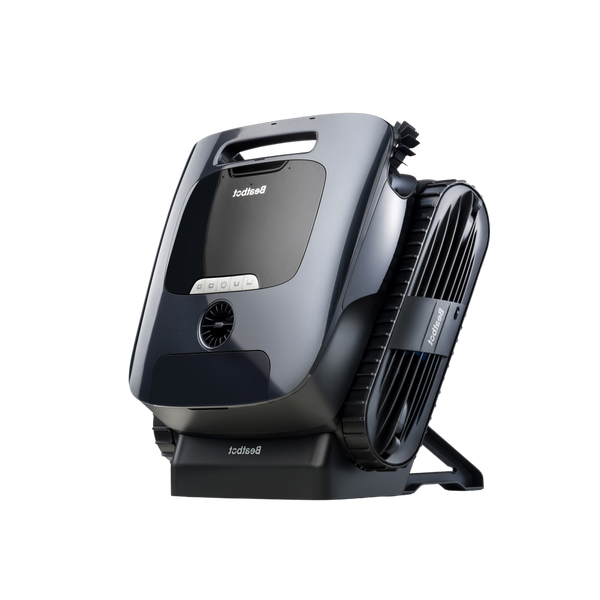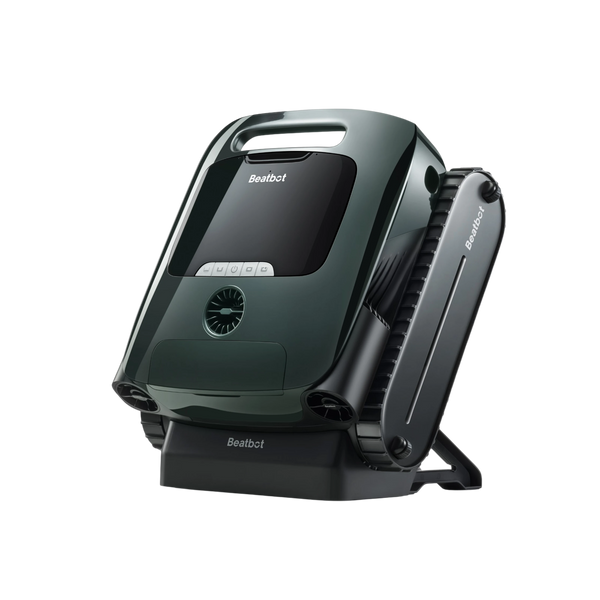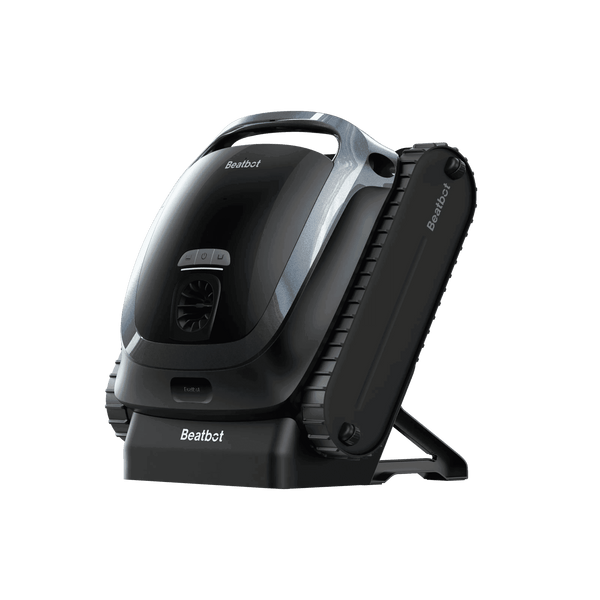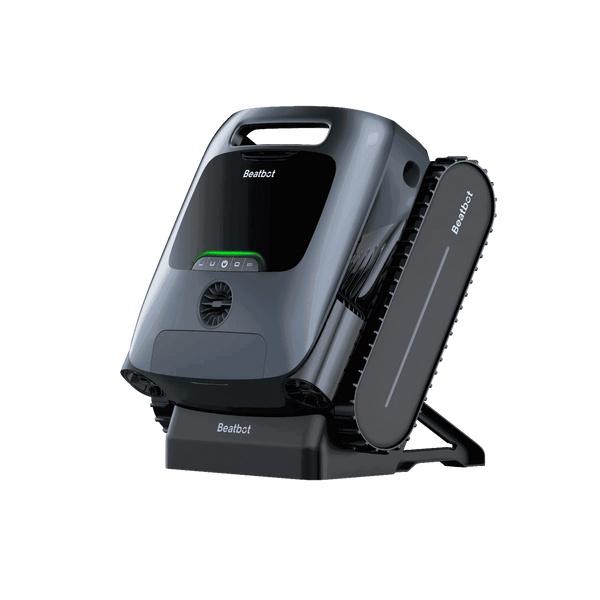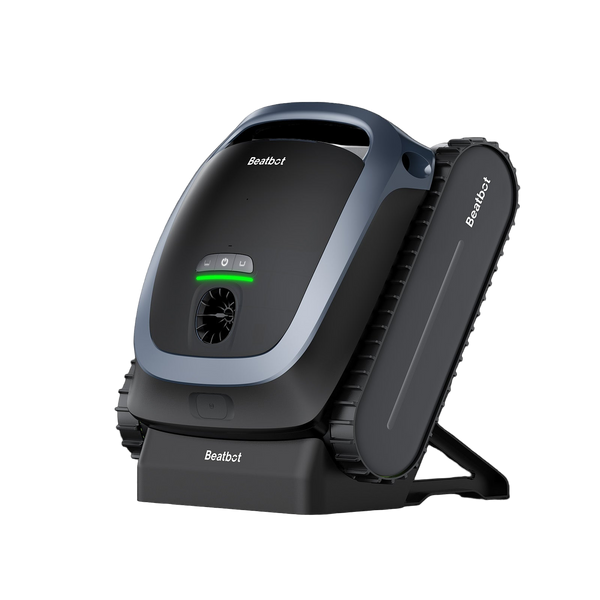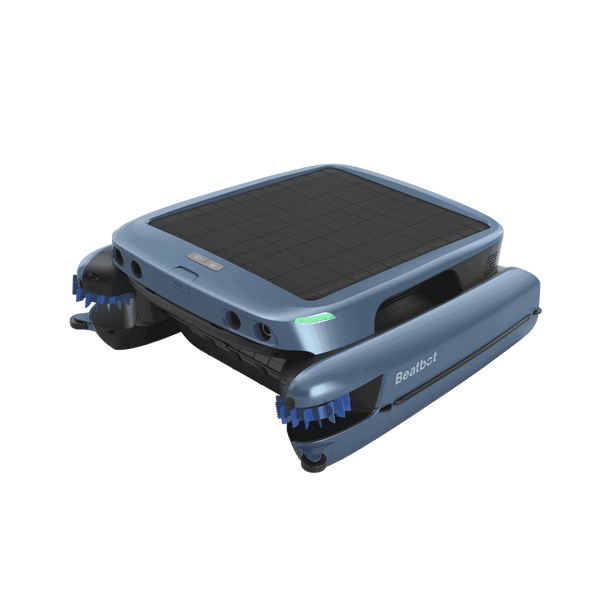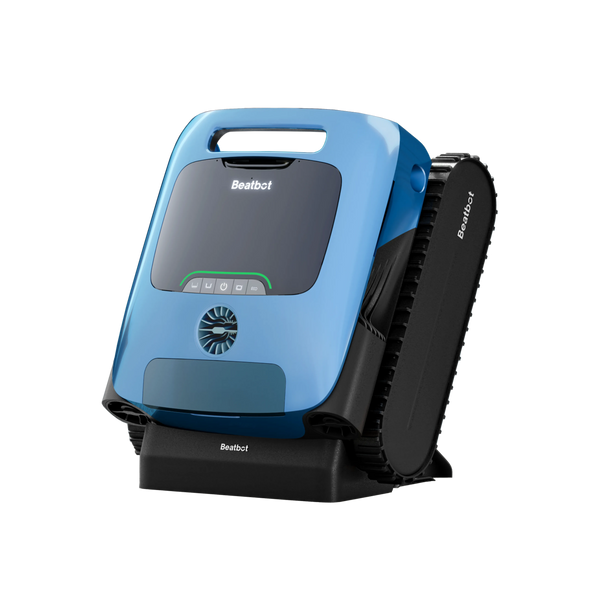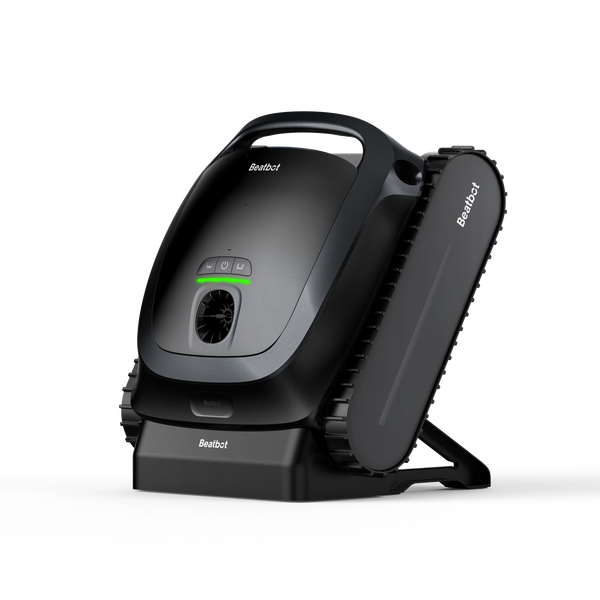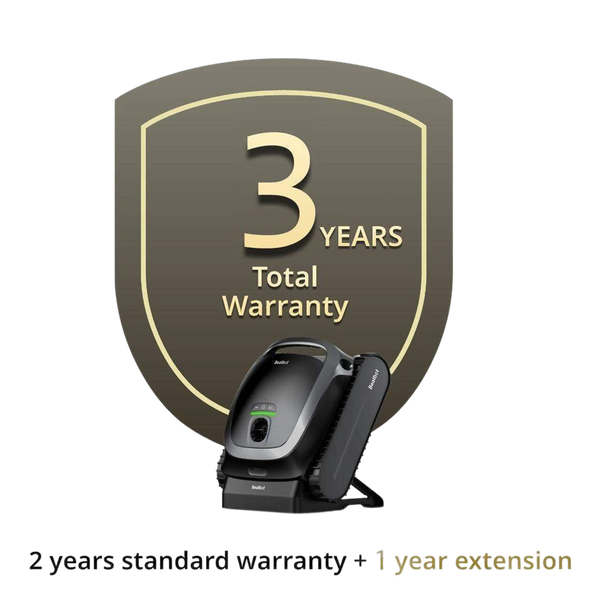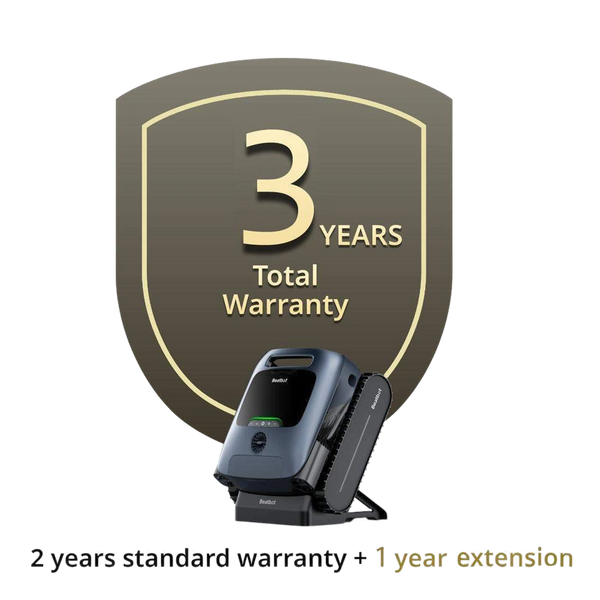What You Need To Know About Pool Heaters
20204-4-10
It's unfortunate that the cooler temperatures of early spring and autumn often prevent you from enjoying your pool. However, the addition of a pool heater can change that! Not only does it significantly extend your swimming season, but it also enhances comfort and increases the value of your pool. In this blog, we'll explore the essential knowledge needed to choose the right pool heater, ensuring you can enjoy your swimming oasis year-round.
Table of content
Types of Pool Heaters
Three main types: solar, gas, and electric heat pumps. Each type has advantages and is suited for different pool needs and climates.
Solar Pool Heaters: Maximizing Renewable Energy
Beyond their basic functionality, solar pool heaters can integrate with home solar systems, allowing excess energy generated by your home to heat your pool, creating a synergistic relationship between your energy usage and pool heating needs.
Look for systems with advanced photovoltaic panels for even greater efficiency.

Gas Pool Heaters: Peak Performance Considerations
When evaluating gas pool heaters, consider models with electronic ignition systems instead of pilot lights, which reduce gas wastage.
Additionally, explore models designed for low NOx emissions to minimize environmental impact without sacrificing heating capability.
Electric Heat Pumps: Cutting-Edge Technology
The latest electric heat pumps feature digital controls, allowing precise temperature adjustments and programmable heating schedules, optimizing energy use and reducing costs.
Inverter technology can further enhance efficiency by adjusting power consumption to meet demand.
Factors to Consider When Investing In a Pool Heater
Fine-Tuning Heater Choice by Climate
The choice of pool heater can be further refined by considering specific climate challenges and opportunities.
Solar pool heaters can be supplemented with wind barriers or reflective surfaces to maximize solar gain in less sunny environments.
Gas pool heaters with modulating valves adjust the flame size to match heating demand, offering better efficiency in variable climates.
Electric heat pumps benefit from having a thermal pool cover used in conjunction to retain heat, which is especially useful in areas with cooler nights
Comprehensive Cost Analysis: Beyond Initial Price Tags
A deeper cost analysis includes potential rebates and incentives for energy-efficient models, the impact of heater efficiency on long-term savings, and the benefits of multi-speed or variable-speed pumps in reducing electricity use.
Next-Level Energy Efficiency Strategies
Investing in a pool heater with smart technology can significantly cut energy costs. Smart heaters can be controlled remotely and adjusted based on weather forecasts, reducing unnecessary heating.
Additionally, exploring solar blankets or floating covers can provide an extra layer of heat retention and efficiency.
Environmental Impact
Consider the environmental impact of your pool heater. Solar heaters produce no emissions and have a minimal ecological footprint.
Electric heat pumps are also relatively environmentally friendly, especially if powered by renewable energy sources. Gas heaters, while effective, produce emissions and have a larger environmental impact.
Expert Installation and Upkeep for Peak Performance
Professional installation and understanding your system's specific maintenance needs are crucial.
Regularly consulting with a professional for firmware updates on smart heaters, recalibrating system settings, and conducting energy audits can ensure your heater operates at peak efficiency.
Frequently Asked Questions About Pool Heaters
Below, you'll find answers to some of the most common questions homeowners have when considering pool heaters.
This section aims to clarify doubts, debunk myths, and help you make an even more informed decision.
What is the most energy-efficient pool heater?
The most energy-efficient pool heater depends on your climate, usage, and available energy sources.
Solar pool heaters are generally the most energy-efficient, especially in sunny climates, as they use renewable energy with minimal operational costs.
Electric heat pumps are also highly efficient, particularly in areas where temperatures do not frequently drop below 50°F.
Can I heat my pool for free?
While no system is entirely free, solar pool heaters can significantly reduce your heating costs, leveraging the sun's energy, which does not incur a cost after installation.
The initial setup for solar heaters can be higher than other types, but the operational cost is virtually zero, making it the closest option to "free" heating.
How long does it typically take to warm up a swimming pool?
It varies for the time to warm up a pool due to different types of heaters, the size of the pool, and starting and desired temperatures.
Gas heaters can heat a pool quickly, often within a few hours, while electric heat pumps and solar heaters take longer, potentially several days, to reach the desired temperature.
Are pool heaters worth the investment?
Pool heaters can prolong your swimming season, providing warmth and comfort for year-round enjoyment. Whether or not a pool heater is worth the investment depends on your pool usage, climate, and budget.
For many, the ability to use the pool during cooler months justifies the initial expense.

How do I choose the right size pool heater?
Choosing the right size pool heater involves calculating the surface area of your pool and considering the average air temperature in your region.
Selecting a heater with sufficient BTU (British Thermal Unit) output is crucial to efficiently heat your pool without being overworked.
A professional installer can assist in identifying the optimal heater size for your pool, considering these considerations.
Can I install a pool heater myself?
While some pool owners may have the skills to install certain types of pool heaters, it is generally recommended to have a professional installation.
This ensures the heater is installed safely and efficiently, adhering to local codes and manufacturer guidelines.
Professional installation is especially important for gas heaters, which require precise handling of the fuel line.
How often should I maintain my pool heater?
Regular maintenance schedules vary by type of heater, but a general guideline is to service your pool heater annually at the minimum.
This includes checking for leaks, cleaning filters and burners, and ensuring the system runs efficiently. Usage and environmental conditions might necessitate more regular inspections.
Do pool heaters require special care in the winter?
Yes. It's crucial to winterize the pool heater on freezing days. A suggestion for this process involves:
- Draining the water from the heater.
- Turning off the power.
- Storing it properly to prevent any possible damage.
Always follow the manufacturer's specific instructions on winterizing operations.
Relative Blogs
About the author
